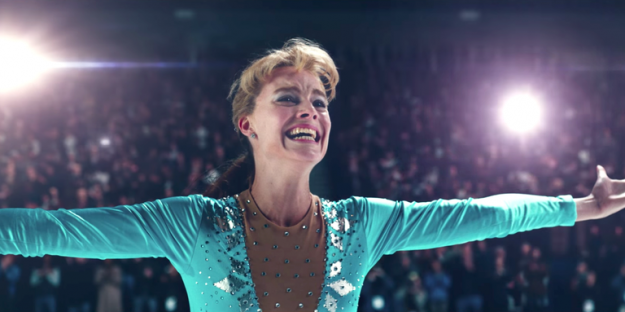The strongest person is the one who struggles with tears.
When Tonya was punched to the ground, she realises what is reality and what is humanity.
Feminist film has experienced increasing global popularity in recent years. Usually, these movies tell stories about how women overcome incredible obstacles to finally obtain success. “I, Tonya” explores the bleak reality of discrimination, heroin addiction, and eventual failure.
The complex relationships and conflicts between protagonist Tonya Harding, her ex-husband Jeff Gillooly, and her mother Lavon are explored as the film unfold. A story begins, end and is punctuated by interviews with the main cast. The director Gillespie uses these personal interviews to set different moods.
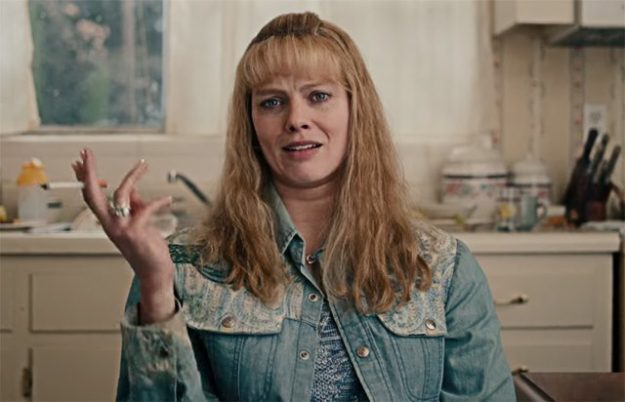
The drama starts in the 1970s in Portland, Oregon. Tonya is born in a poor American family and is raised by her abusive single mother, Lavona. When Tonya is four years old, she starts to learn figure skating. Instead of encouraging and praising Tonya, Lovona always beats, criticises and slaps her. Sometimes Lovona even forbids Tonya from going to the bathroom. During a fight with the teenaged Tonya, a knife Lovona throws pierces Tonya’s arm.
Why does Lovona always criticise Tonya? She claims that Tonya skates better when she’s angry.
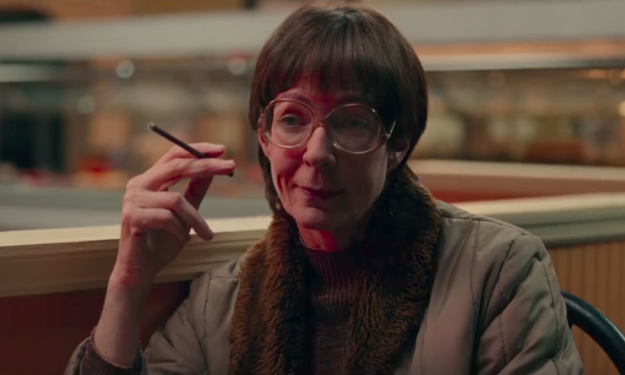
Meanwhile, Tonya wins prizes in figure-skating competitions and becomes one of the best figure-skate stars in America. At 15, Tonya she meets her first husband, Jeff Gillooly and his friend Shawn Eckhardt. Later Tonya marries Jeff though he too abuses her. Jeff continues the cycle of abuse, slamming a car door on Tonya’s hand, threatening and even shooting her. Tonya leaves him, but is pulled back into reconciliation.
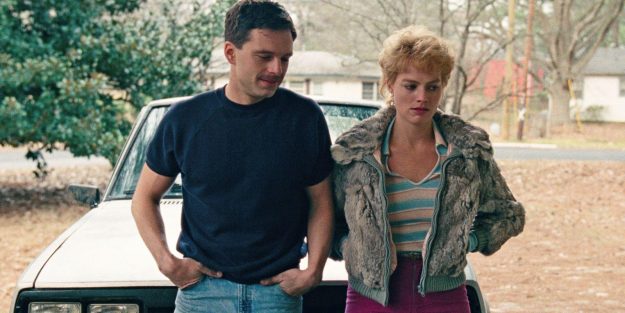
Tonya constantly faces terrible treatment, leading to a quickly deteriorating mental condition. The elitist American ice-skating establishment discriminates against her because of of her low-class background. With her homemade costume and unconventional music choice, Tonya struggles to move beyond her “white trash” reputation.
Even with her skills, she is unable to get the desired score for her performances. She, however, perseveres and triumphs in the American female figure skating in 1991. Despite that, the judges still don’t like her because of her self-image which they feel doesn’t suit their idea of the American sports.

In order to satisfy the judges, Tonya even fixes her relationship with Jeff. Right before the 1994 winter Olympics, an unidentified person hurts Nancy, Tonya’s rich opponent. The person is Jeff and due to all this, the American Figure Skating Association bans Tonya from competitive figure skating for life without her knowing about it. Being forced to end her figure skating career, she takes up professional boxing.
By now this film has earned various awards and nomination. Though Margot Robbie didn’t win an Oscar, she does create a good character. “I, Tonya” helped Allison Janney (Tonya’s mother Lavono in the film) gain an Oscar as the Best-supporting actress.
American dream means people can finally get a better life by working hard.
In recent times, there have been quite a few films about American dream and feminism. “I, Tonya” is a typical film about the anti-American dream. Tonya works hard, but she ultimately fails. The reasons why she fails are complex, including systemic discrimination, family abuse, and her own behaviour. But Tonya keeps working hard even when she is facing countless difficulties. This shows feminism.
In the past, films about feminism always end with success, while finally realistic world ban Tonya from figure skating for life after she has practiced for 20 years. “No pain no gain” is not only a sentence. The fact of the real world is that you can’t be successful even when you try your best. In this realistic world, Tonya’s experience makes her a strong person who is brave enough to face failures. Strong women don’t only include successful women, but also include those who grow and struggle with difficulties, like Tonya.
The strongest person is the one who struggles with tears.
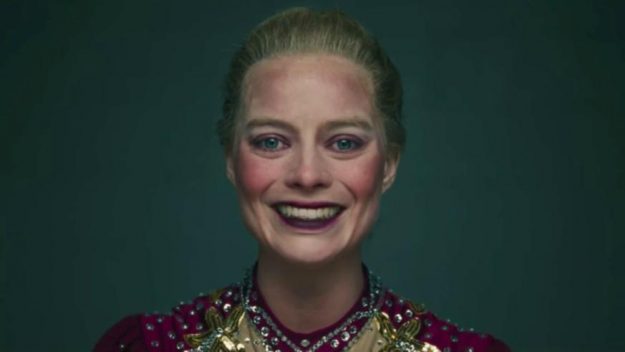
Degree of recommendation: ⭐⭐⭐⭐

